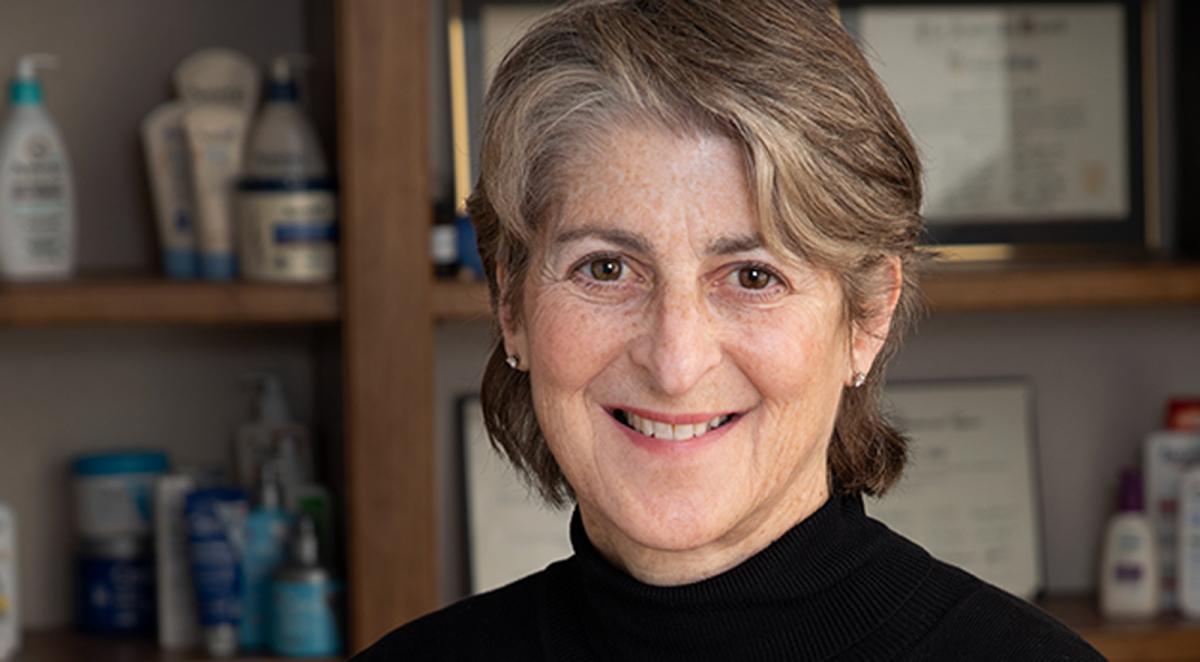Parabens are preservatives, a class of compounds that prevent the inevitable overgrowth of a wide spectrum of bacteria, fungus and yeast from contaminating a skincare product. Parabens are effective, very stable compounds and lack side effects. Parabens are derived from PHBA, para-hydroxybenzoic acid, which occurs naturally in many fruits and vegetables including carrots, onions, and blueberries. But they have a bad reputation.
In the 1990's, several studies suggested that parabens have very weak estrogenic activity. In 1998, a study concluded that the most potent paraben, butylparaben, had 10,000 to 100,000-fold less estrogenic activity than estradiol, a naturally occurring estrogen. In 2004, a British study found traces of parabens in breast cancer tissue but failed to look at the presence of parabens in the normal tissue. The study failed to show that the parabens caused the tumors or were harmful in any way. Regardless, the fear of parabens propagated rapidly and manufacturers were quick to appease consumers by offering "paraben-free" skincare products. To date, there is still no conclusive scientific data that proves deleterious effects of parabens. Nor is there epidemiological evidence linking parabens to breast cancer. Regulatory organizations in Japan, Europe, and the United States continue to support the use of parabens as a preservative.





